Nepali brands shine in global market
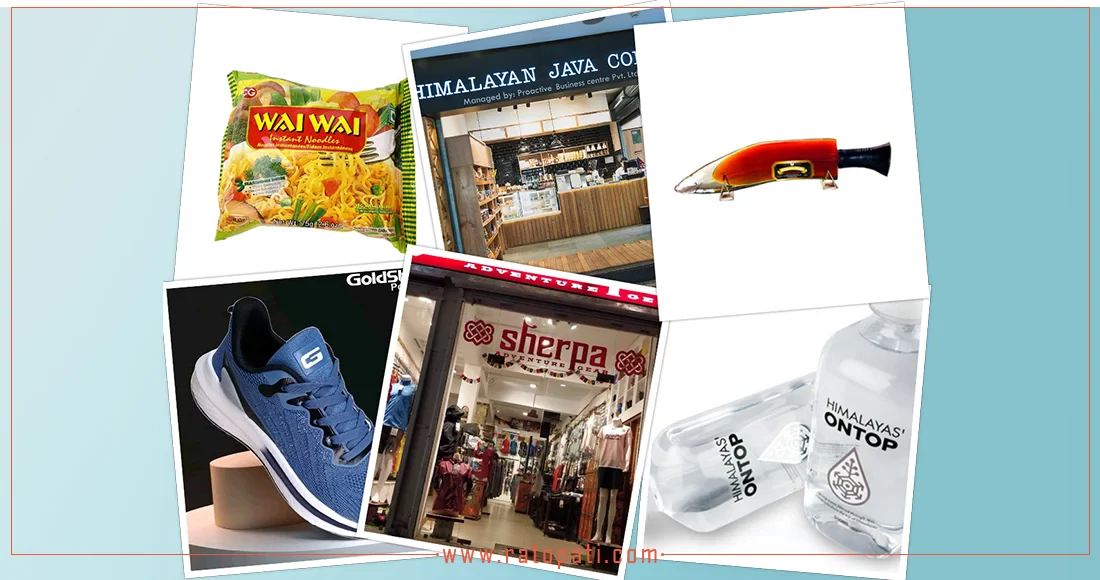
Kathmandu, November 4 — Nepali carpets, pashmina, sculptures, silverware, and handicrafts have been making their way into the global market for many years. According to the Trade and Export Promotion Center, 97 types of semi-processed raw materials and finished goods are being exported from Nepal.
Items such as tea, coffee, honey, ghee, cheese, mushrooms, dried meat, cardamom, and ginger are among the main exports from Nepal. Jewelry made with precious stones from Nepal is exported to countries like Europe, America, and Japan. Although some Nepali products have been used globally for years, they lack proper branding, preventing them from being recognized as "Nepali brands." However, some products have established both the Nepali brand and the name of Nepal in the international market.
One such product is Wai Wai noodles. Binod Chaudhary, the only Nepali entrepreneur on Forbes' billionaire list, himself represents a brand. Wai Wai, produced by the Chaudhary Group, is exported to over 35 countries, including all South Asian nations, Japan, Canada, the UK, and the USA. The Wai Wai plant is located in Nepal, as well as in India, Serbia, Bangladesh, and Kazakhstan.
Chaudhary brought the Wai Wai brand from Thailand in 1984 with international branding rights, and he has since expanded the Nepali brand worldwide. According to the Chaudhary Group, Wai Wai holds a 2.5% share of the global noodle market. Outlook Business reports that Wai Wai ranks among the top three brands in India in terms of sales, capturing a 28% share of the noodle market through seven plants.
Goldstar shoes, manufactured by Kiran Shoes Manufacturing Pvt. Ltd., have reached many countries. The company exports shoes to countries including India, Bhutan, Malaysia, the UK, and Australia, while other regions are served through authorized dealers.
Currently, foreign consumers of Goldstar shoes outnumber domestic ones. Goldstar sells 5 million pairs of shoes annually in Nepal, while exporting 10 million pairs abroad. The company claims that demand in foreign markets is increasing by 25% each year and produces 75,000 pairs of shoes daily.
Himalayan Java, considered a pioneer of Nepali coffee, has spread its flavor to the USA and Canada. Established in Kathmandu in 1999, Himalayan Java has outlets and franchises in America, Thailand, Bhutan, the UK, and Canada, with two outlets in the USA alone.
Himalayan Java is also involved in coffee cultivation with plans for production, branding, and promotion. They run schools for coffee-making training (barista) and bakery training.
Nepal is globally recognized for its mountains and mountaineering. Recently, Nepali products used for climbing and trekking apparel have gained international fame, with Sherpa Adventure Gear and Sonam Gear playing a significant role. Sherpa Adventure's jackets, down jackets, and sweaters are sold in many countries, with outlets in the USA and Iceland, while their products reach various European countries through dealers and users.
Sonam Gear also exports its products worldwide, producing clothing and bags for climbing and trekking.
Cobbold Himalayan watches, recognized as a premium brand, are also produced in Nepal. These watches, headquartered in America, are designed to withstand extreme cold, making them popular among European consumers. The watches range from NPR 450,000 to NPR 4.5 million, according to the company. Many foreigners purchasing Kobbold watches in Nepal do so through their website.
Kobbold watches are also manufactured in the USA, Italy, and Switzerland, with the Himalayan series being produced in Nepal since 2012. Each watch comes with a 10-year warranty for all parts.
Nepal's water has made a good impression in the global market as well. Established in 2007 with Korean investment, Himalayan Spring Water has a Nepali partner, Muktishree Pvt. Ltd., producing mineral water under the brand name Himalayas' Ontop, which is exported to the USA, Japan, Italy, Saudi Arabia, and the UAE.
Several liquor brands produced in Nepal, including Khukuri Rum, 8848, and Old Durbar, have also made their mark in the global market. Among these, Khukuri Rum has become a favorite beverage worldwide, exporting to countries such as the USA, Spain, Belgium, South Korea, Japan, and Singapore.
The fact that locally produced items reach the global market is not only a matter of pride but also a sign that the country is on the path to prosperity. Naturally, domestic production leads the country toward self-sufficiency. Such products not only give the country an identity in the international market but also play a significant role in import substitution and reducing trade deficits. As domestic production heats up, it also helps conserve large sums of money that would otherwise go abroad.
Economist Dr. Dilliraj Khanal states that the remarkable achievements of a few Nepali products in the global market boost the confidence of industries and entrepreneurs, suggesting that if limited products can make a mark, others can too. However, he emphasizes that the government must act quickly to facilitate policy and legal ease.
He argues that there is no alternative to production for making the country self-sufficient and reducing the foreign trade deficit.


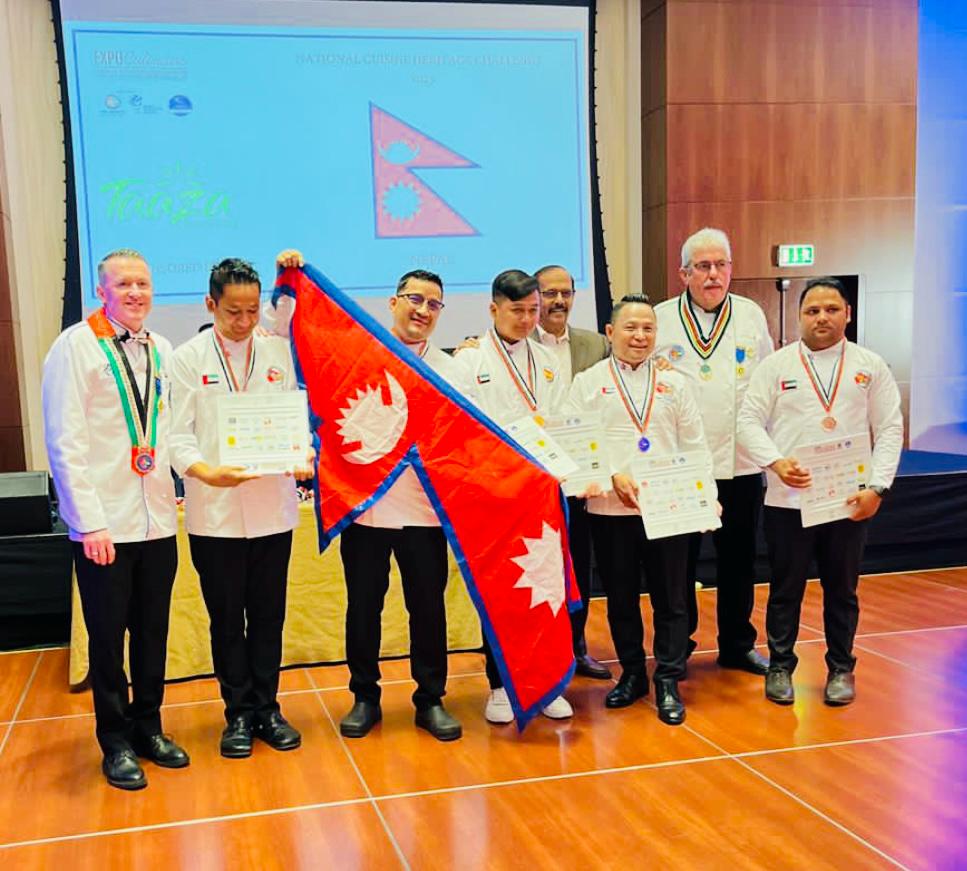
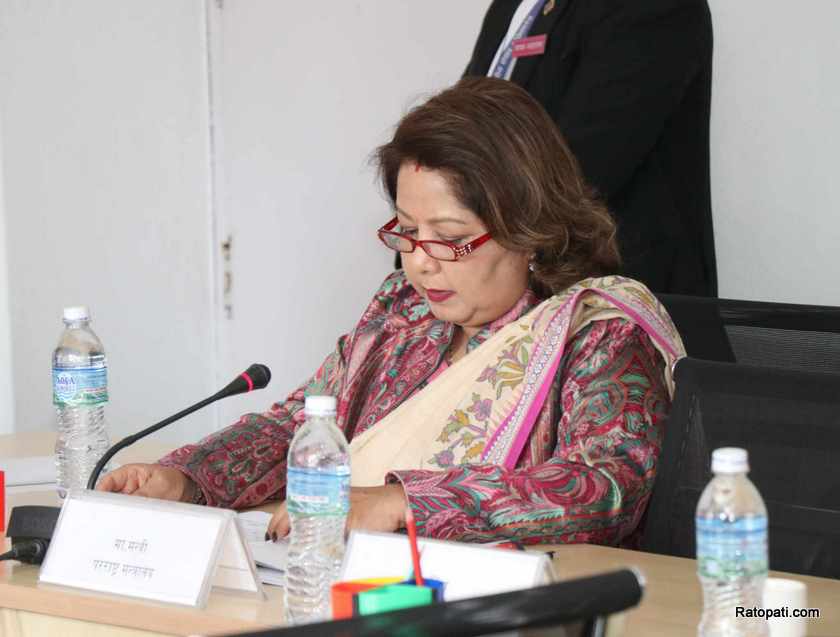
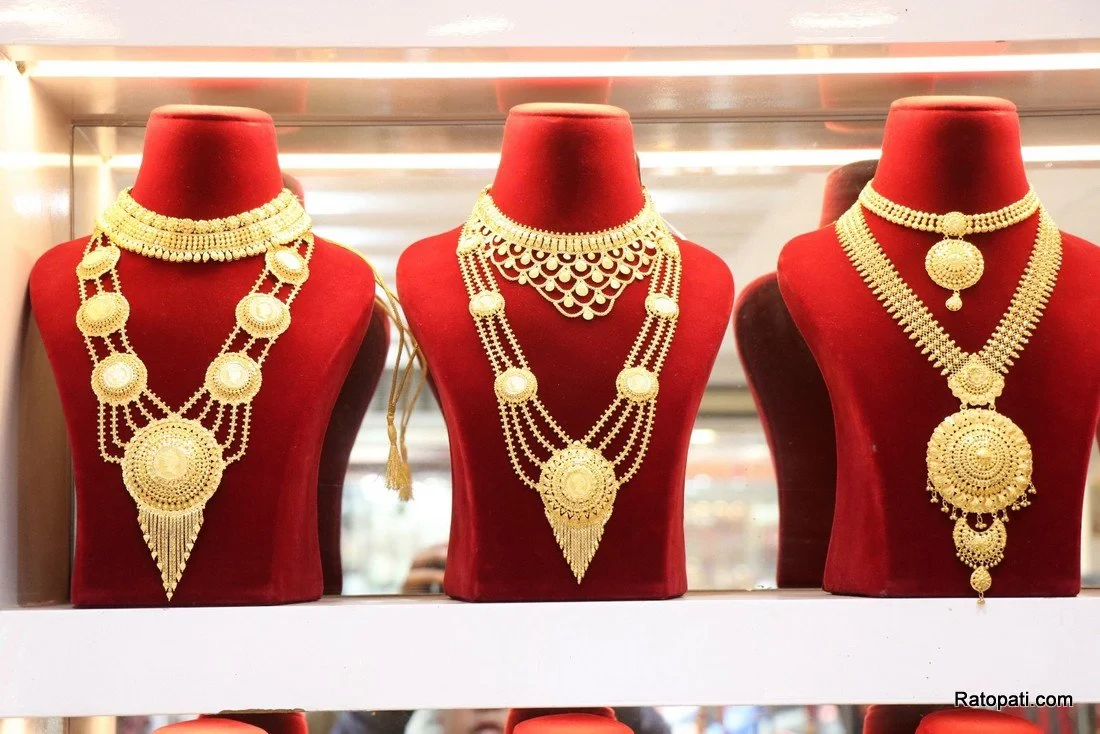

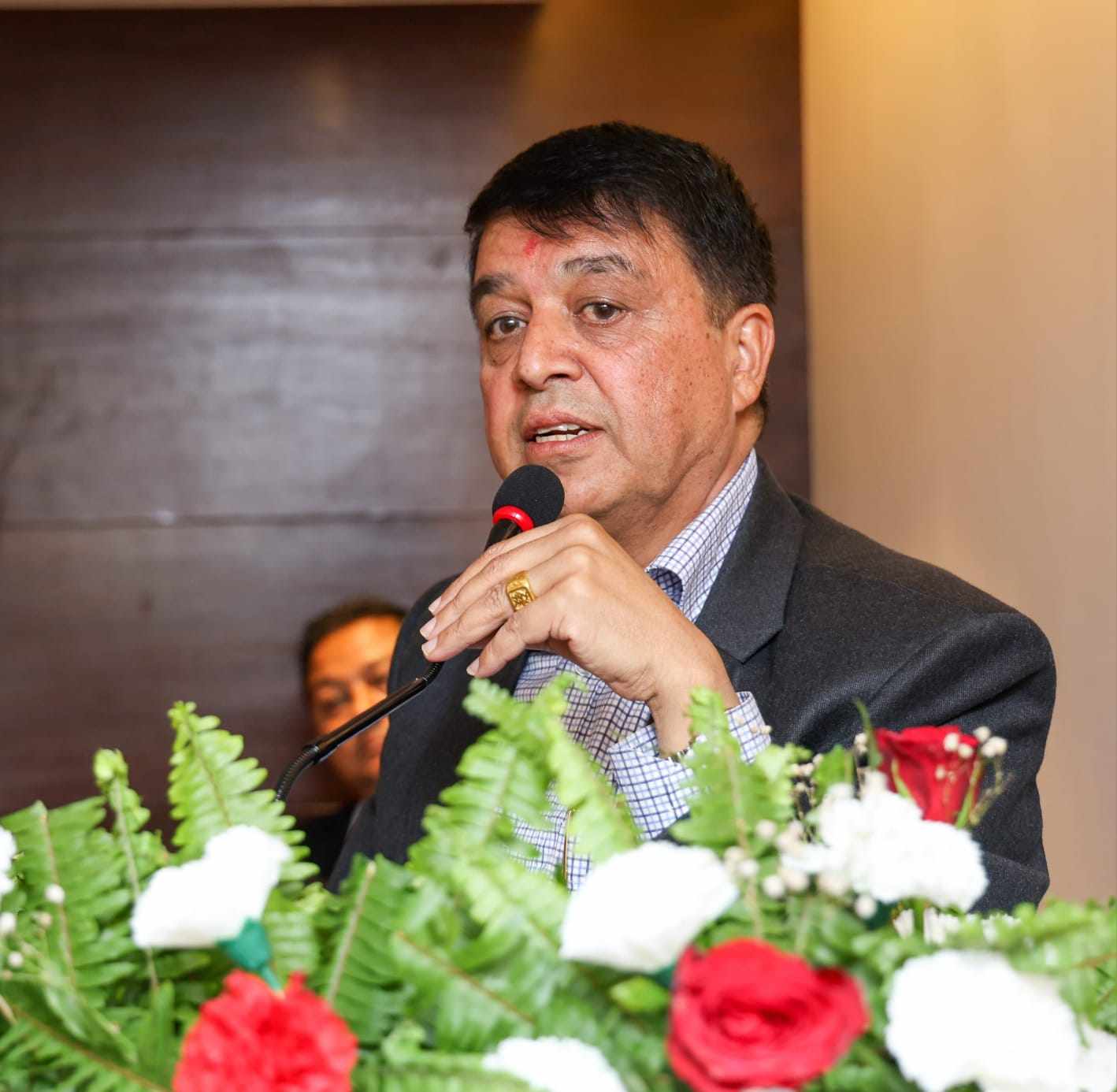

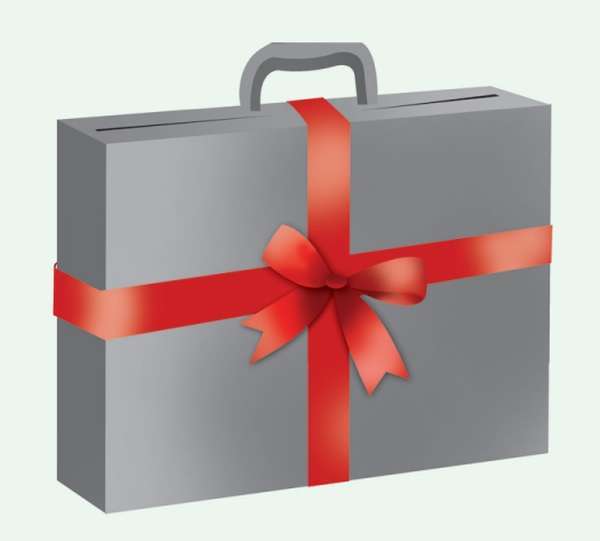
Leave Comment